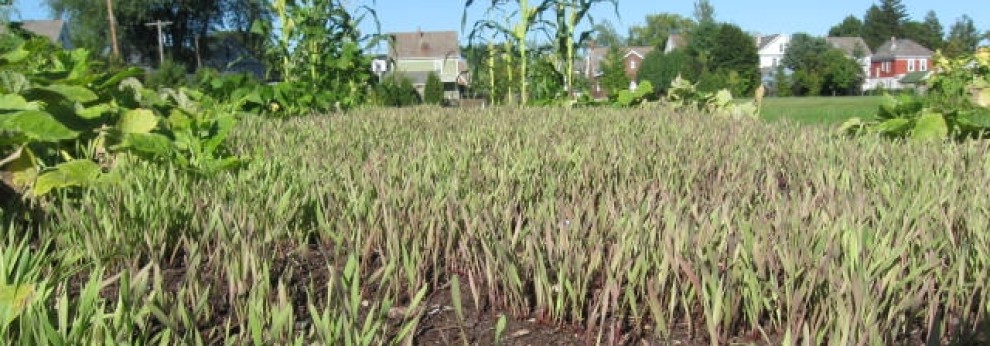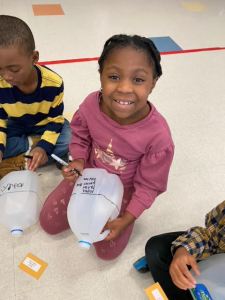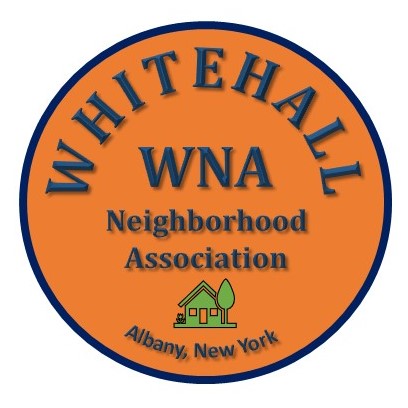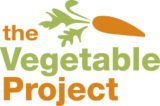One of the great challenges of school gardening in upstate New York is the mismatch between the school calendar and common notions of when the growing season starts and ends. Students aren’t in classes in July when tomato vines look bigger from one day to the next. And January temperatures are not exactly conducive to dividing up perennials.
 We at the Vegetable Project, however, are making headway in our bid to redefine the growing season, so that it synchs up with the school calendar a bit better than some would think possible. You might actually say that we’re working to turn the period that begins January and runs through December into growing season, though we don’t expect to be doing quite everything that the word “gardening” implies when the daylight is short and the temperatures fall below freezing.
We at the Vegetable Project, however, are making headway in our bid to redefine the growing season, so that it synchs up with the school calendar a bit better than some would think possible. You might actually say that we’re working to turn the period that begins January and runs through December into growing season, though we don’t expect to be doing quite everything that the word “gardening” implies when the daylight is short and the temperatures fall below freezing.
One initiative involves learning to build and learning to use “season-extending” fixtures, like small hoop Continue reading
















